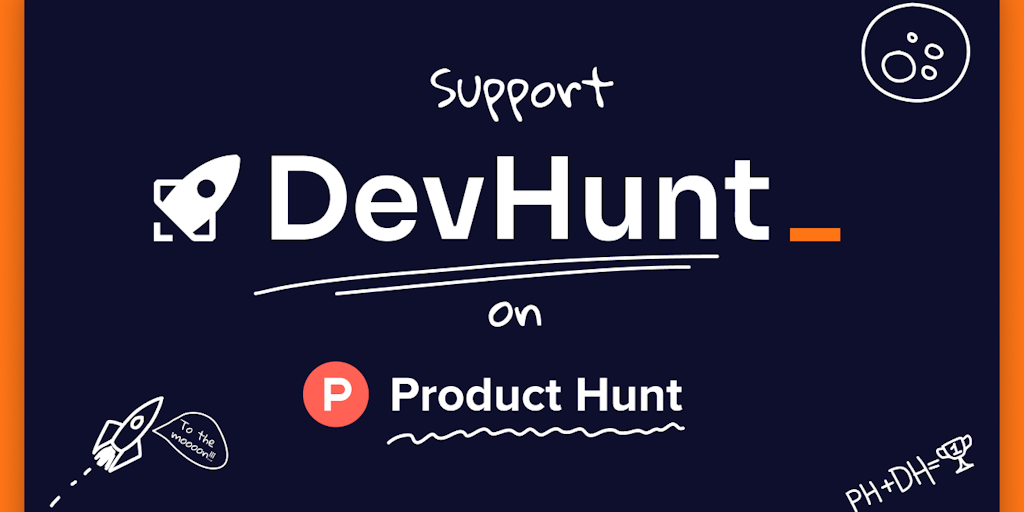Starting a business without an established fan base can seem daunting, but it is possible to gain traction and promote your startup effectively using some of the best tools and strategies available. Here is a detailed guide on how to promote your startup even when you don’t have a following or audience to begin with.
Take advantage of Reddit communities:
Subreddits like r/entrepreneur, r/saas, r/sideproject, and r/bootstrappedsaas are great platforms to share your expertise. Make sure your posts sound personal, like journal entries, rather than pure marketing. The goal here is to be authentic, telling your story to attract genuine interest in your product or service. Reddit users appreciate transparency, and your authenticity can lead to organic support.

Post on Hackernoon:
Hackernoon allows startups to post articles that include their brand story. It’s a great way to get backlinks and organic traffic. Focus on writing useful content like lessons learned, how-to guides, or insights from your experience as a startup. The more value you provide, the more attention your company will get
Advertise on startup platforms:
Platforms like DevHunt, Product Hunt, uneed, micro launch, and Betalist are great avenues to advertise your startup for free or with sponsorships. For example, DevHunt offers great visibility and can bring daily traffic to your startup through featured banners or product listings.
Directory listings:
Consider both paid and free directory websites. Paid listings like Betalist, 1000tools, and Futurepedia can offer faster visibility, while free ones like Betapage and Saashub also provide decent exposure. You can automate submissions to multiple directories through tools like Automation via Tally, which helps submit to over 100 directories for better reach.
Participate in forum discussions:
Look for relevant forum posts or blog comments and participate by offering your tools as a solution. The key is to make sure your answer is relevant to the discussion and provides value without seeming spammy. Look for genuine questions that you can provide useful answers to.

Sponsor small influencers (micro-influencers):
Look for micro-influencers with 3,000 to 10,000 followers on platforms like Instagram or TikTok. These influencers typically have strong, loyal followings, and it’s more cost-effective to partner with them (expect to pay between $50 and $100). While the ROI may not be massive, it does help build buzz around your startup.
Sponsored Email Newsletters:
Instead of opting for large, expensive newsletters, focus on smaller email newsletters that target niche audiences. Large newsletters may not always provide a good ROI, but smaller ones can bring in direct sales. Try smaller newsletters before moving on to larger campaigns.
Sponsor events:
Consider sponsoring niche events like hackathons, seminars, or educational workshops. For example, spending $999 to sponsor an event could bring in significant leads, such as the 100 registrations a startup received from a single sponsorship.

Cold contact:
Cold outreach, whether via email, LinkedIn or Telegram, can be effective if targeted appropriately. The key here is to research your target audience and make sure your emails are concise and to the point. Avoid spam and focus on crafting a meaningful outreach.
Partner with affiliate networks:
Find affiliates who are interested in promoting your products or services. This could involve forming partnerships with bloggers, influencers, or businesses that target the same market. Partnering with complementary services or products can provide a win-win opportunity for both parties.
Generate traffic from directory sites:
Creating multiple directory sites for your audience and placing banner ads can create a funnel of organic traffic to your main website. You can use tools like Unicorn Platform to build and host these sites, then use guides to grow your reach quickly.
Join Or Create Communities:
Be active in communities on platforms like Discord and Slack, where you can introduce your startup in a natural way. Alternatively, you can build your own community around a topic related to your product, giving you a direct connection with your potential customers.
Form Strategic Partnerships:
Collaborate with other startups, influencers, or businesses in your niche to create mutually beneficial partnerships. By leveraging each other’s audiences, you can mutually grow your reach and share marketing efforts.
By focusing on these methods, you can start promoting your startup effectively, even without a massive following. With consistency and the right approach, you’ll be able to build a loyal customer base and grow your company from the ground up.








